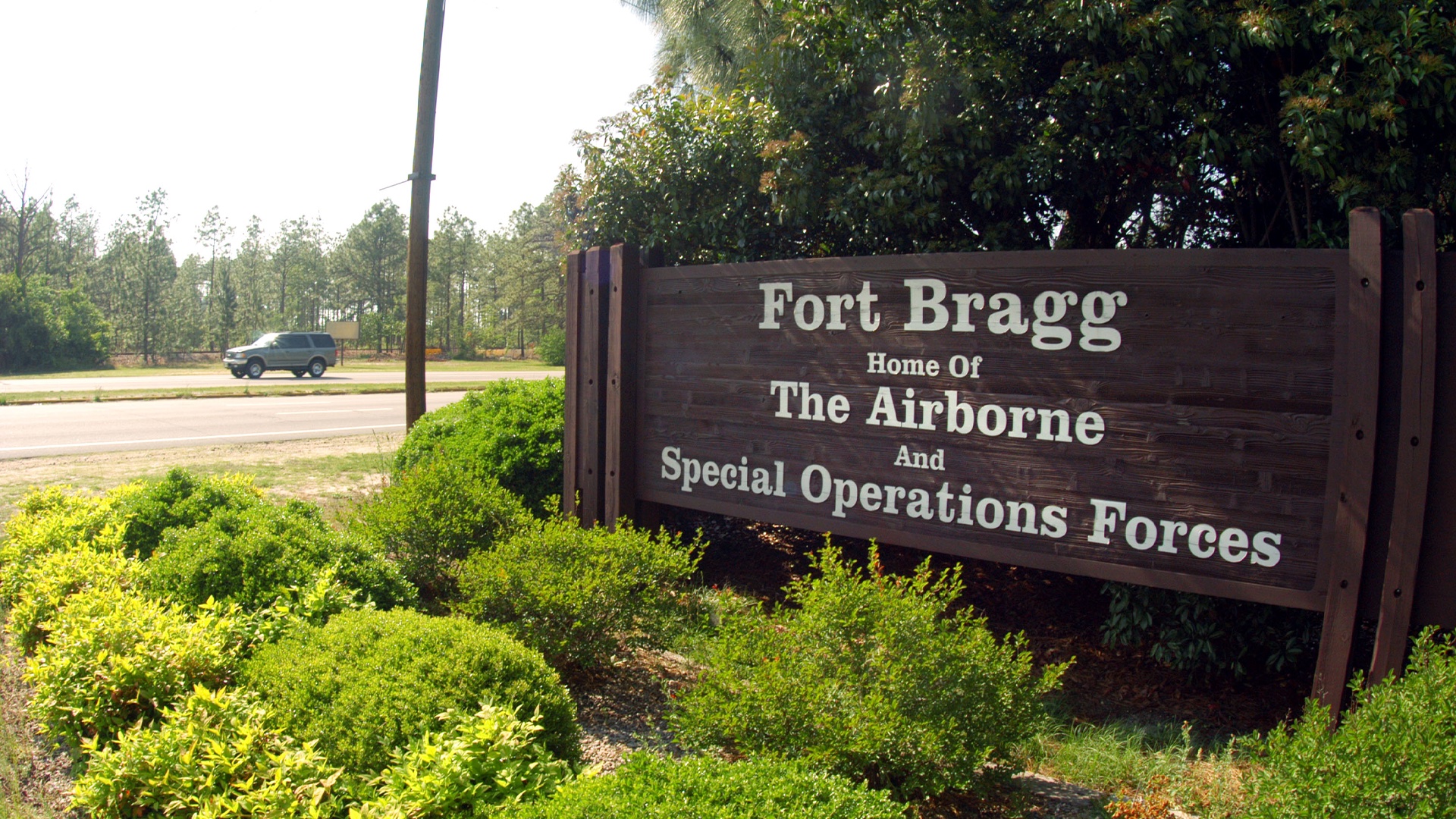

After years of debate, the Defense Department will finally rename the U.S. military bases and other installations that bear the names of Confederate officers.
Defense Secretary Lloyd Austin officially gave the go-ahead to implement the final recommendations of the so-called Commission on the Naming of Items of the DoD that Commemorate the Confederate States of America or Any Person Who Served Voluntarily with the Confederate States of America (or, “the Naming Commission”) in a memo released on Thursday.
The recommendations from the Naming Commission call for the Defense Department to alter the names of some 1,111 installations and facilities, including nine major Army bases originally named after rebel leaders.
Those nine posts are Fort Benning and Fort Gordon in Georgia; Fort Bragg, North Carolina; Fort Hood, Texas; Fort Rucker, Alabama; Fort Polk, Louisiana; and Fort A.P. Hill, Fort Pickett, and Fort Lee in Virginia. The Naming Commission released a list of potential new names for the bases back in May, names that included ‘Fort Eisenhower’ for Fort Gordon and ‘Fort Liberty’ for Fort Bragg, among others.
Subscribe to Task & Purpose Today. Get the latest military news, entertainment, and gear in your inbox daily.
The renaming effort comes after 18 months of work by the Commission that included “extensive consultations with experts, historians, and the communities rooted in the bases in question,” according to Austin’s memo.
The majority of the facilities in question will face renaming after a congressionally-mandated 90-day waiting period that will conclude in December.
“The installations and facilities that our Department operates are more than vital national security assets. They are also powerful public symbols of our military, and of course, they are the places where our Service members and their families work and live,” Austin wrote.
“The names of these installations and facilities should inspire all those who call them home, fully reflect the history and the values of the United States, and commemorate the best of the republic that we are all sworn to protect.”
The move to rename bases that honored Confederate officers comes after a long push from activists and lawmakers to divest the U.S. military of symbols of the 19th-century rebellion, which saw the Southern states secede from the Union in an effort to preserve the slave trade.
The proliferation of Confederate base names began at the beginning of the 20th century after an Army general established an informal policy of naming the U.S. military’s many new training camps for troops headed overseas to fight in World War I, a policy generally left up to regional commanders and based on “federal commanders for camps or divisions from northern States and of Confederates for camps of divisions from southern States,” according to an Army Center of Military History study initiated in 2017.
The Naming Commission’s renaming plan “will give proud new names that are rooted in their local communities and that honor American heroes whose valor, courage, and patriotism exemplify the very best of the United States military,” Austin wrote in his memo.
Implementing the Naming Commission’s renaming plan and ridding the U.S. military vestigates of the Confederacy will cost the Defense Department roughly $62.5 million, according to the commission’s final report.
The latest on Task & Purpose
- These are the worst pieces of military gear ever issued, according to veterans
- The Marine Corps’ new littoral combat team is changing the Marine rifle squad
- How Air Force maintainers achieved a rare perfect inspection on a 49-year-old aircraft
- Why hundreds of Camp Pendleton Marines have been stuck in sweltering hot barracks for years
- The Air Force has finally rescued a stranded Osprey aircraft from a remote Norwegian island
Want to write for Task & Purpose? Click here. Or check out the latest stories on our homepage.
